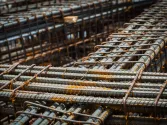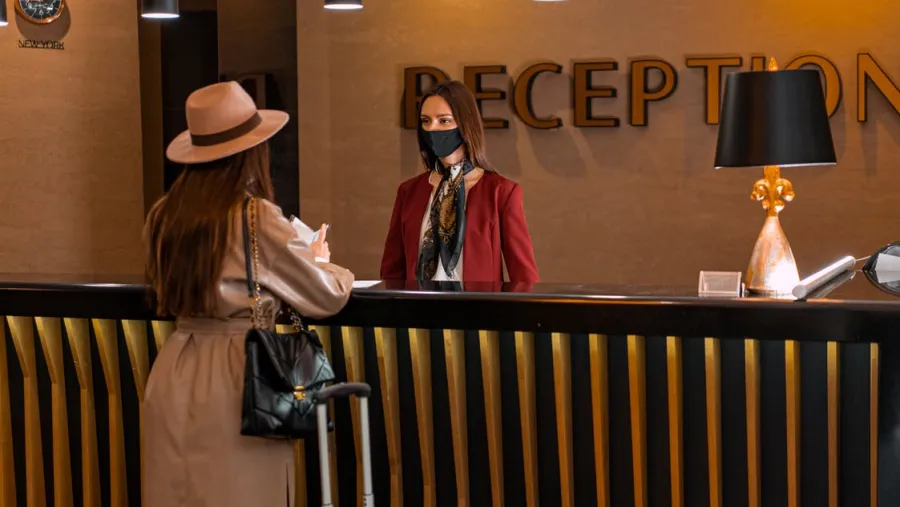
APAC hotel investment plummets 51% to $3.1b in H1
Japan accounted for over half of the investments during the first half.
Asia Pacific hotel investment volumes declined by 51% year-on-year in the first half of 2023 as macroeconomic challenges and the rising cost of debt influenced capital deployment.
Coming off a high base in 2022 and despite supportive market fundamentals, hotel investments moderated to $3.13 billion in the first half versus $6.41 billion during the same period last year, according to data and analysis by JLL.
Activity during the first half was most robust in Japan ($1.54 billion) and Australia/New Zealand ($820 million), which grew by 56% and 189% year-on-year, respectively. Gateway markets such as Singapore ($30 million) dropped by 95% year-on-year as the number of transactions declined, however with the recent sale of PARKROYAL on Kitchener Road for $388 million, the outlook for the second half of the year will be stronger. China ($300 million) also saw activity moderate by 76% year-on-year. Despite strong performance metrics, activity in the resort sector was muted as assets remained tightly held.
“We have observed the impact of a continued disconnect between the robust tourism demand and macroeconomic and geopolitical challenges in the first half of 2023, resulting in a gap between sellers’ pricing expectations and buyers’ access to capital,” says Nihat Ercan, Chief Executive Officer, Asia Pacific, JLL Hotels & Hospitality Group. “However, trading performance of the sector remains strong and other fundamentals including tourism arrivals and high occupancy rates provide us with full confidence that the current investment environment is externally-based, rather than industry-specific.”
Factors including the recent reopening of China in January 2023, which was earlier than expected, fuelled existing travel demand strength. As a result, there has been a considerable improvement in trading performance, particularly in the upscale and luxury segments, supported by an increase in average daily rates (ADR) across the region’s hotels.
Furthermore, according to JLL analysis, the rise in tourism arrivals since January 2022 has been predominantly driven by leisure demand, leading to continued growth in performance among hotels in the region, with occupancy rates leading the recovery as more tourists return. Despite facing economic, health, and geopolitical challenges, the United Nations World Travel Organization (UNWTO) foresees the recovery in travel to continue throughout 2023.
When viewing factors including the macroeconomic environment and the project interest cycle, coupled with broad investor interest in strong-performing assets, JLL has revised its full year 2023 forecast to $8.7 billion, down 24% from its initial 2023 estimate.
“Approaching 2024, we expect to see more specific opportunities emerge in some destinations across Asia Pacific, where prices have been adjusted downwards, enabling interested parties to reconsider. Investors remain very committed to the Asia Pacific hospitality sector and we see ongoing appetite among buyers to invest in key markets and strategic assets, with the ability to deploy capital,” says Ercan.
The long-term appeal of Asia Pacific’s hotels sector has recently been reinforced by the completion of several recent marquee transactions. In July, JLL advised on the largest ever single-asset hotel transaction in Singapore for the PARKROYAL on Kitchener Road and on the first transaction of 2023 in the Maldives for the Amari Havodda Maldives resort. Earlier in June, JLL had announced the completion of Southeast Asia’s first hotel portfolio sale in 2023 – Pullman Jakarta Central Park, the ibis Saigon South and Capri by Fraser, both in Ho Chi Minh City – for a combined $106.1 million.



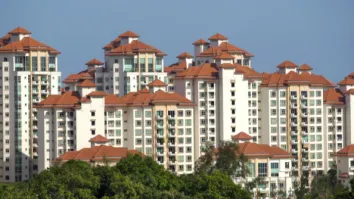
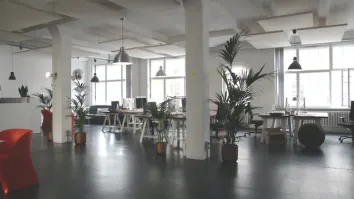








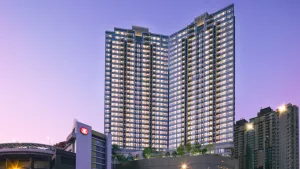



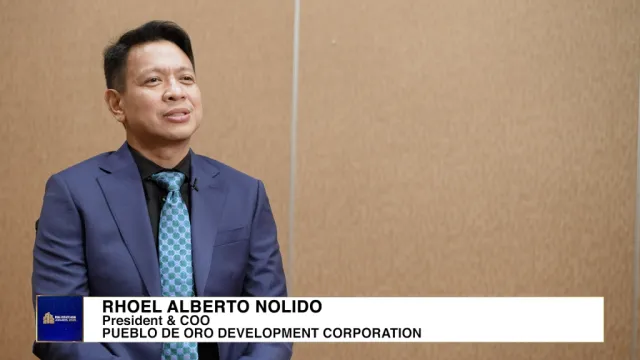

 Advertise
Advertise




